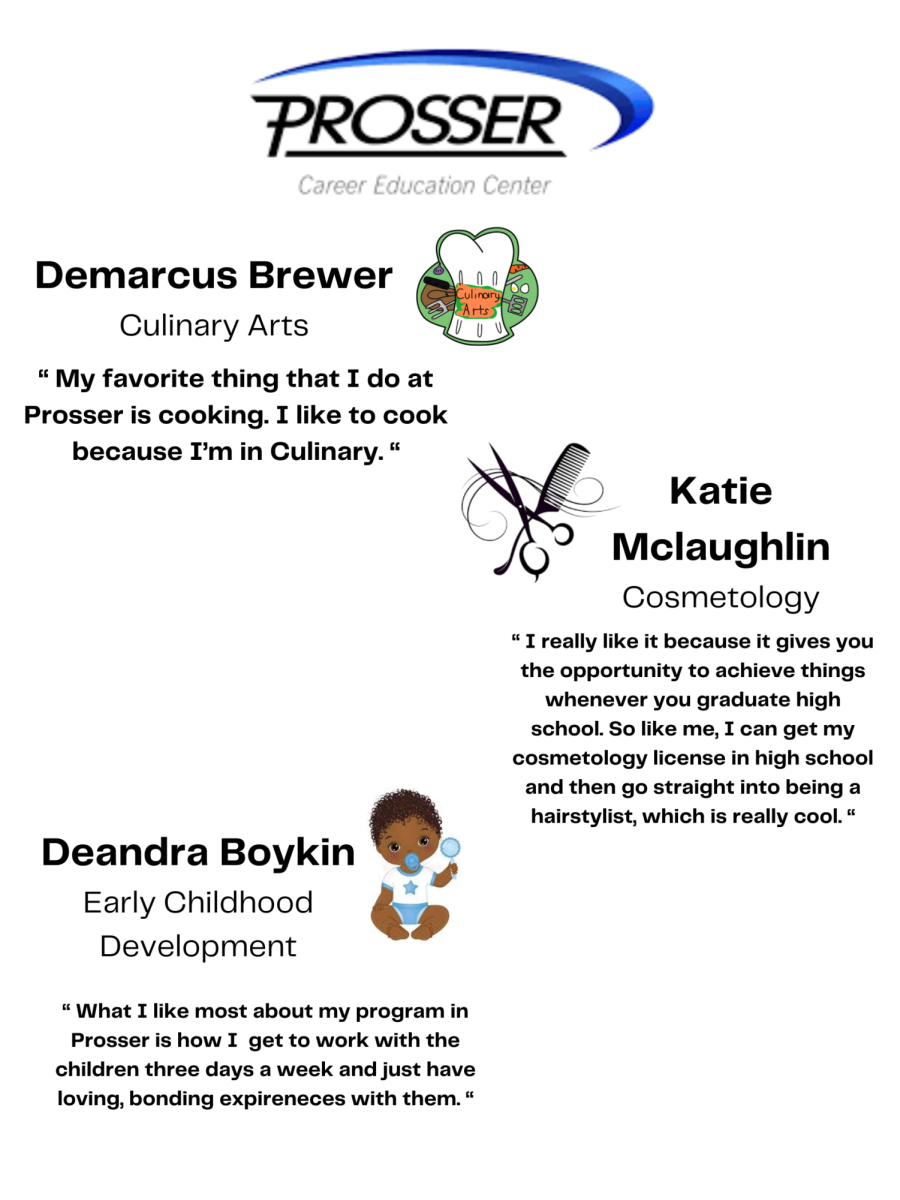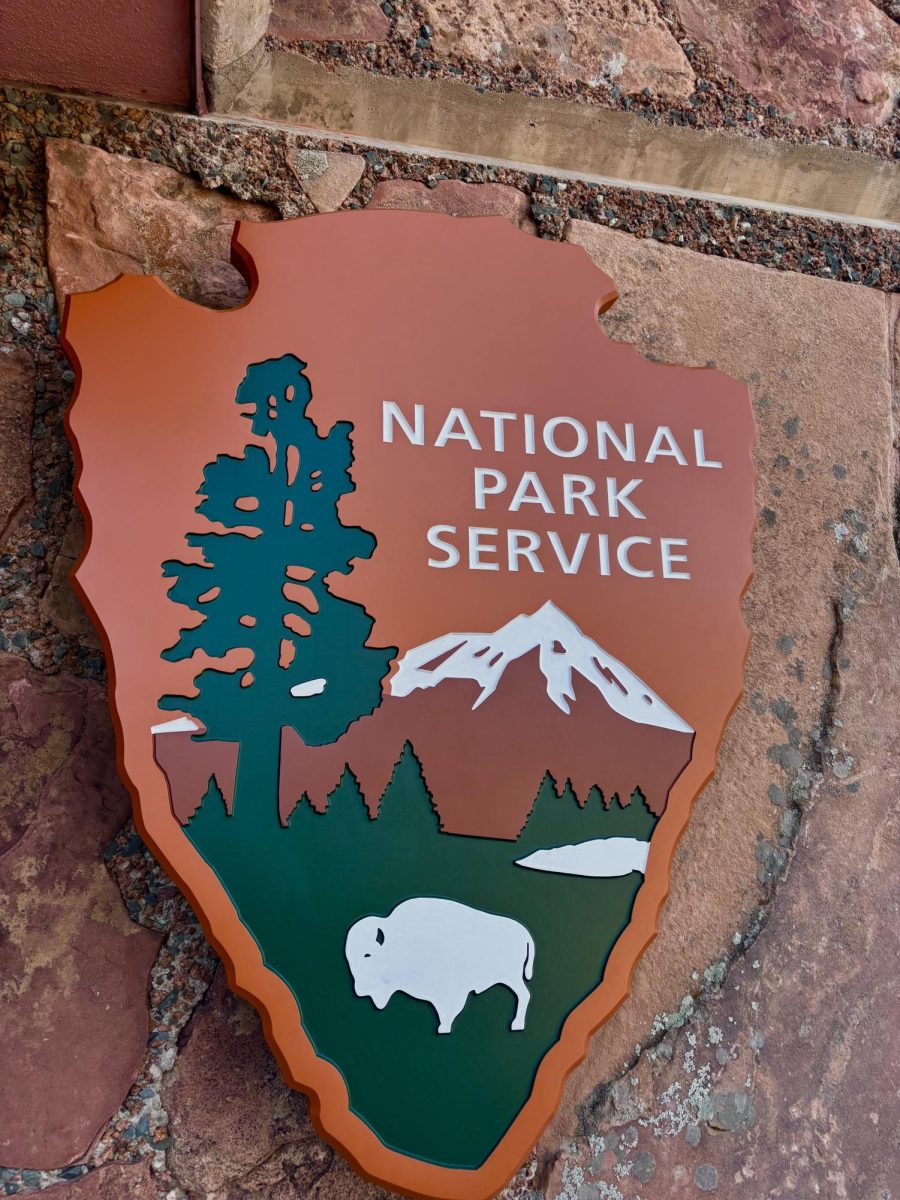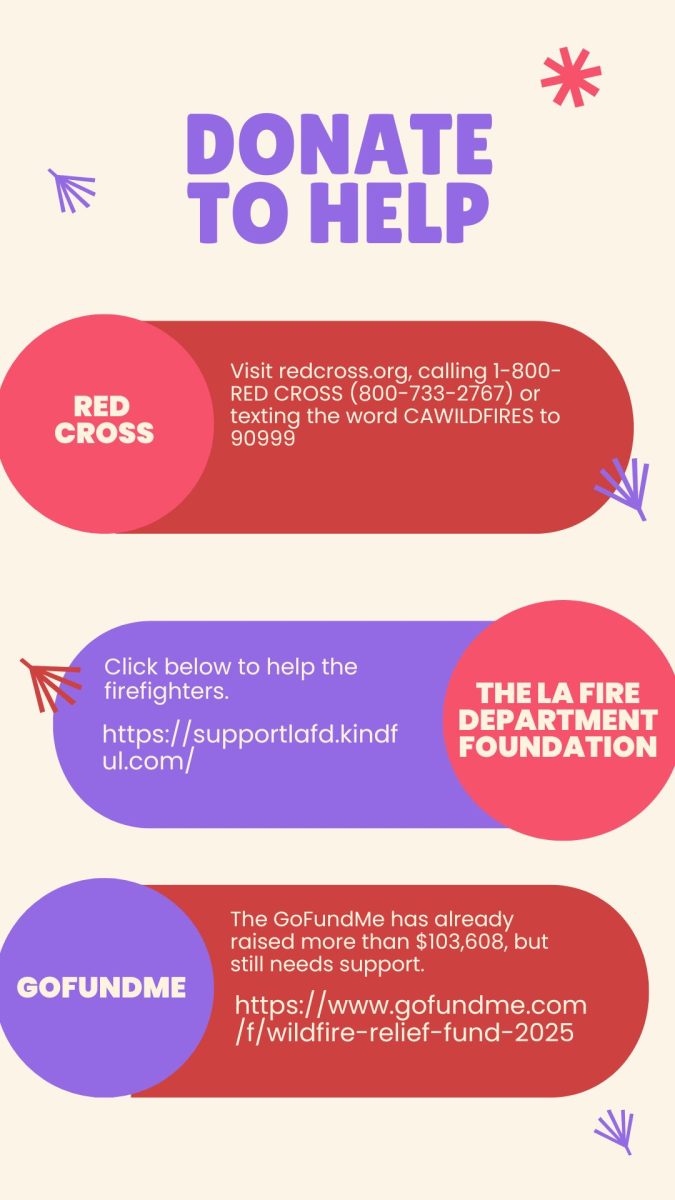By: Kathryn Vancc
When people think back on the past fifteen years of history, many different events come to mind. One might think of the terrorism attacks on the World Trade Centers or the first African American President. However, often overlooked events such as the Columbine Massacre and the Virginia Tech Massacre are just as relevant to America’s history as any other event.
April marks the anniversaries of these events and the repercussions of these actions are just as relevant today.
On April 16, 2007, a Virginia Polytechnic Institute and State University named Seung-Hui Cho planned two attacks on his peers and faculty of the school. In the end, he killed 32 people, wounded 25 others, and then committed suicide. This incident went down in history as the most deadly shooting by a single gunman in United States history. Cho had been previously deemed “mentally ill” by professionals and was ordered to attend treatment.
“I think they were so unprepared because there were so many different buildings,” Mrs. Suzanne Ponder said. “There was a lot of miscommuncation, I think.”
The Virginia Tech Review Panel, a state-appointed body assigned to review the incident, criticized Virginia Tech administrators for failing to take action that might have reduced the number of casualties. The panel’s report also reviewed gun laws and pointed out gaps in mental health care as well as privacy laws that left Cho’s condition in college untreated. The Panel also showed many incidents of crazy behavior that should have served as a warning to his deteriorating mental condition.
NAHS teachers remember the aftermath of the shooting very vividly.
“Someone called me and told me she had heard about it,” Mrs. Becky Schmidt said. “We turned on the television in here and watched it unfold. Everyone was so shocked. We were in class when it happened.”
Another incident, which may not be as familiar to students, is the April 20, 1999 shootings of Columbine High School. Seniors Eric Harris and Dylan Klebold embarked on a massacre and killed one teacher and 12 students, and directly injured 21 others. This is the most deadly high school shooting in United States history. The students then committed suicide bringing the total death toll to 15.
“I just remember hearing that a bunch of people had been shot,” junior Hailey Woods said.
Harris was under the influence of many anti-depressants during the attacks, and this caused much attention to be paid to the levels of medication in minors. The medicine that Harris was on was said to be 8.4 percent more likely than other medicines to be associated with violence.
“I was teaching in Bowling Green when it happened,” Ponder said. “The kids didn’t seem to be that worried about it, but we were all shocked. We were all totally unprepared, we had to rethink things and make new plans.”
The Columbine Massacre occurred while most students were in elementary and middle school, so they don’t remember much.
“I remember hearing how shocked everyone was,” sophomore Tess Hill said.
Principal Janet Page offers advice on how to prevent events like this in the future.
“Adults, like parents, teachers, mentors, and religious leaders, who build meaningful relationships with your poeple help all of us keep our schools safer,” Page said. “Talking and listening and listening some more is something everyone can do more of and do better.”






